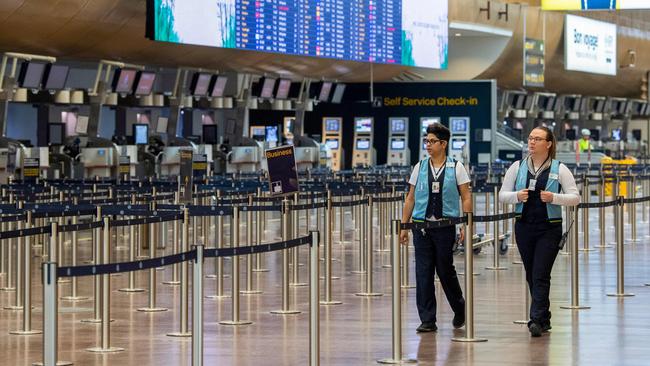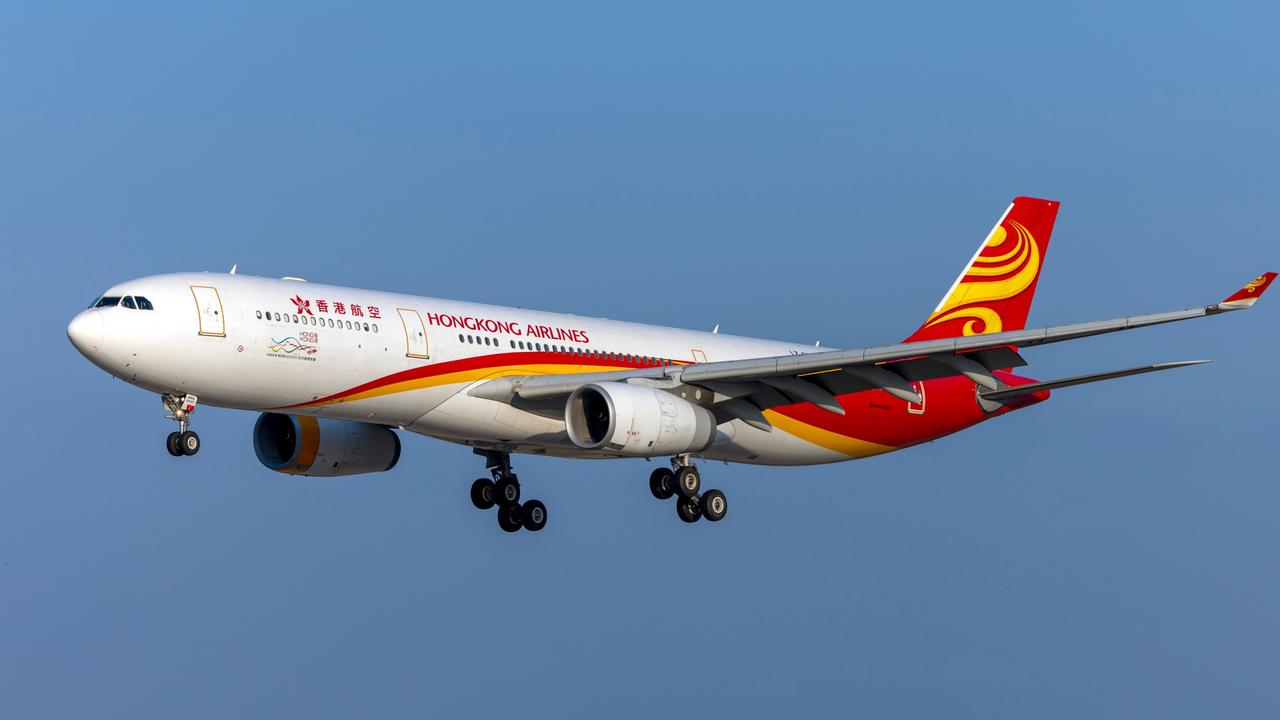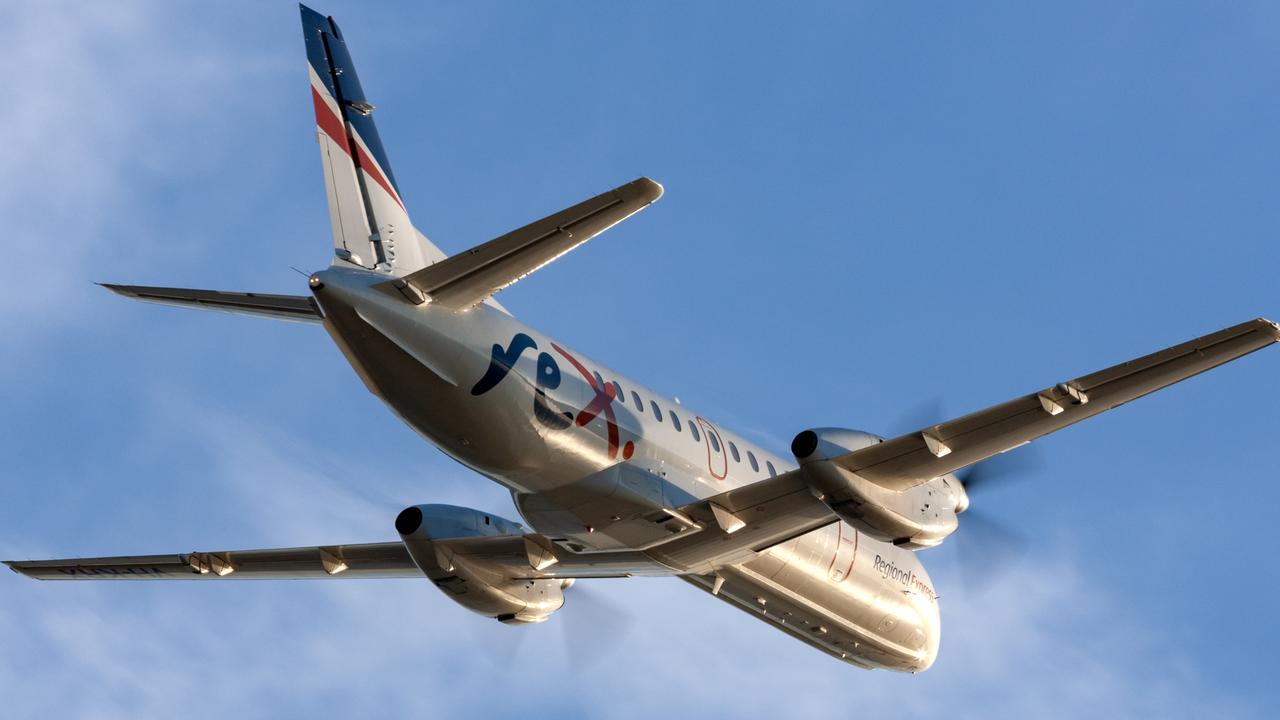Mayday call as airlines face a crash landing
Airlines have begun pushing back against widespread travel restrictions, demanding governments provide relief.

Airlines have begun pushing back against widespread travel restrictions, demanding governments provide relief for the “economic dislocation” caused by coronavirus containment policies.
The US ban on travel to and from Europe was the last straw for the International Air Transport Association, which warned the move — affecting 550 flights a day — would have negative consequences across the global economy.
IATA CEO Alexandre de Juniac said airlines would need emergency measures to get through the crisis, and governments should be looking at “all possible means to assist the industry”.
“Extending lines of credit, reducing infrastructure costs, lightening the tax burden are all measures that governments will need to explore,” Mr de Juniac.
“Air transport is vital, but without a lifeline from governments we will have a sectoral financial crisis piled on top of the public health emergency.”
From the moment the Chinese government banned outbound group travel on January 24, airlines were hit hard by measures designed to contain the coronavirus, resulting in dramatic cuts to flights and capacity, heavily discounted fares and staff layoffs.
The spread of coronavirus to Iran, South Korea and Italy triggered further cost-cutting as demand for air travel continued to plummet, to the point where some flights were being operated with just a handful of passengers.
This week saw several airlines update their response to coronavirus, carving out more capacity, grounding aircraft and scrapping bonuses, as share prices and travel demand fell even further.
Some have embarked on campaigns to reassure passengers of the safety of air travel, highlighting hospital-grade air filters used in cabins, and extensive cleaning after each flight.
But the Association of Asia Pacific Airlines said with the virus now in more than 100 countries, it was time governments rolled back travel restrictions in the region.
AAPA director general Andrew Herdman said the bans had significantly disrupted supply chains, commerce and trade, as well as people’s livelihoods.
“AAPA appreciates the leadership of the World Health Organisation on this issue and calls on governments to fundamentally reconsider the rationale for such travel restrictions and measures, taking into account the disruption caused to people’s livelihoods and the negative repercussions to the wider economy,” said Mr Herdman.
Without emergency assistance, some carriers are not expected to survive the crisis, with Qantas CEO Alan Joyce this week warning it would be “survival of the fittest”.
Despite Virgin Australia’s share price sinking to just 5c on Thursday, CEO Paul Scurrah said it was well placed to weather the storm.
“Like every other carrier, we’re seeing that this is an unpredictable circumstance and most carriers have withdrawn their guidance to the market,” he said.
“What we have done is reiterate the strength of the cash on our balance sheet and our strong liquidity position.”
Mr Scurrah also announced further measures to minimise losses, including a “pause on external recruitment and the use of consultants, and encouraging team members to take unpaid leave”.
He said that along with the broader industry, Virgin was also seeking relief on government charges, which ran into the “tens of millions of dollars”.
“It covers such things as relief on the fuel excise charge, assistance with Airservices charges and helping us get relief from airports,” said Mr Scurrah.
The airline also announced it had pulled out of negotiations with Tamworth Regional Council to establish a pilot training school in the town.
Chief operations officer Stuart Aggs said in the current climate of capacity and fleet reductions, Virgin Australia was not expecting any demand for new pilot cadets for the foreseeable future.
A late ASX rally on Friday saw Virgin Australia’s shares recover some lost ground, closing up 31 per cent at 7.9c.
Qantas shares ended the week at $3.18, less than half of what they were three months ago.



